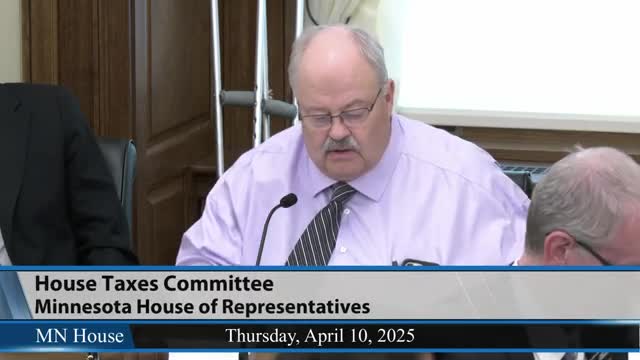Article not found
This article is no longer available. But don't worry—we've gathered other articles that discuss the same topic.
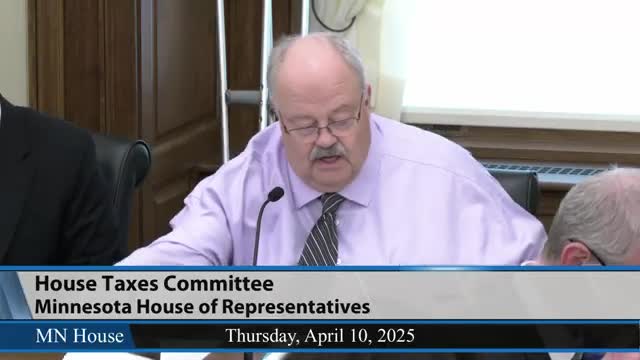
Committee hears bill to create confidential state private letter rulings; Department of Revenue raises concerns about timing and cost
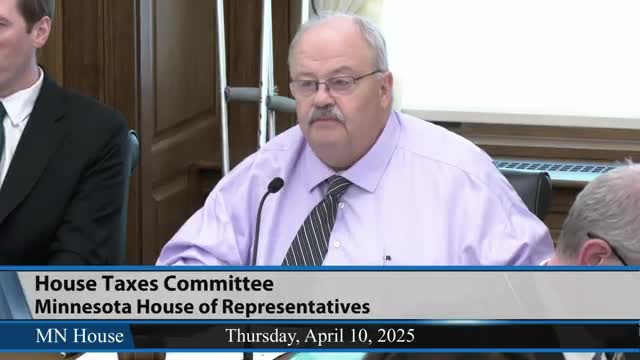
Committee advances temporary TIF extension for Mall of America waterpark and broader TIF flexibility bill
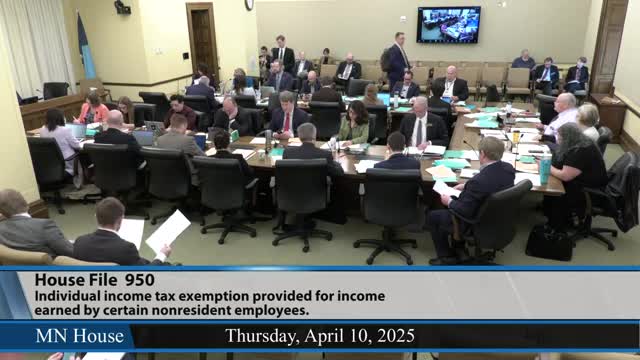
Committee hears mobile-workforce bill creating 30-day safe harbor for nonresident withholding and filing
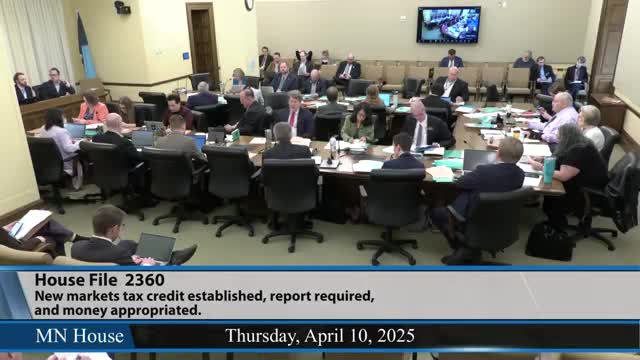
House bill would create state-level new markets tax credit program to steer investment to Greater Minnesota
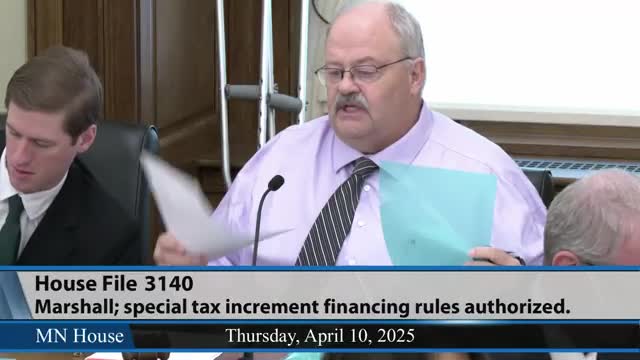
Marshall mayor asks committee to extend temporary TIF spending deadline for affordable housing project
